🔍📝 Peer Review Collaborator GPT - Academic Paper Review
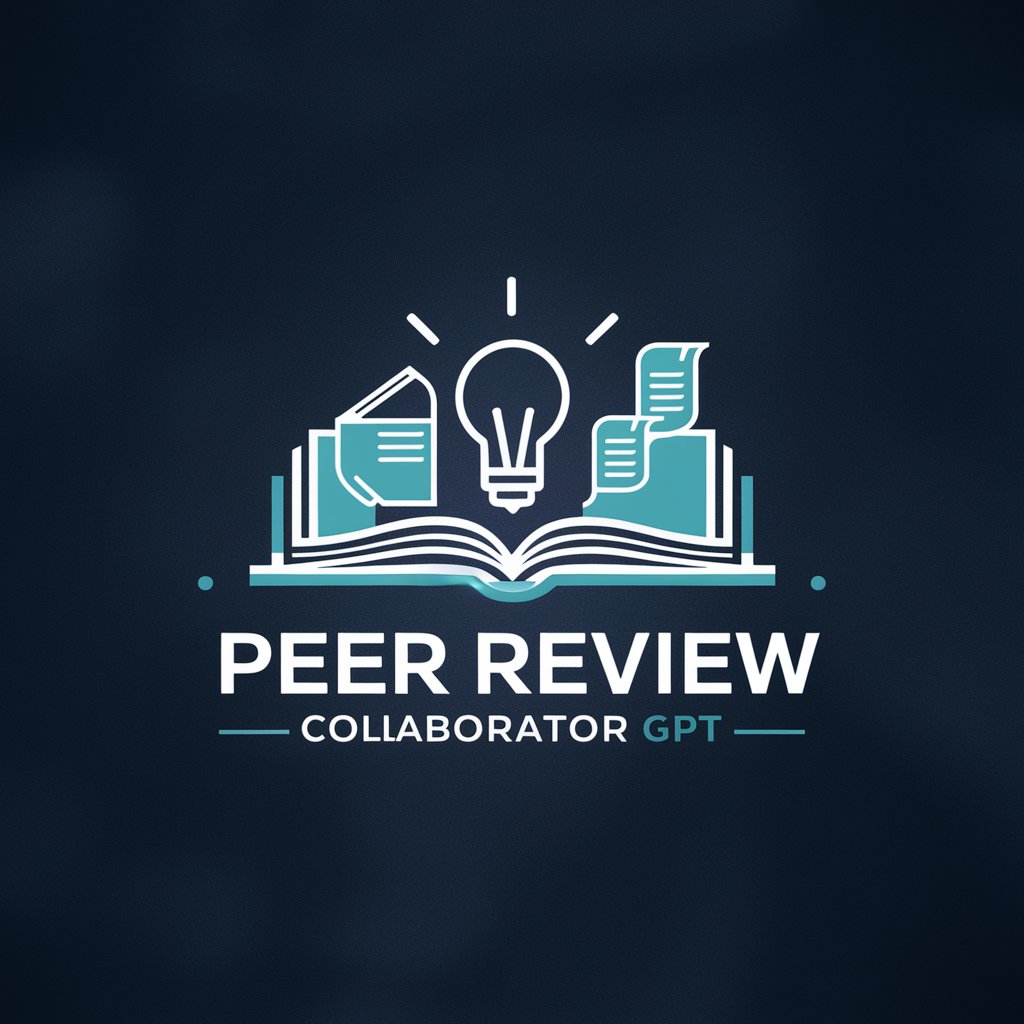
Welcome! Ready to enhance your research?
Elevate Your Research with AI
Can you help me review the methodology section of my research paper?
What are the best practices for citing sources in APA style?
How can I improve the logical flow of my arguments in this manuscript?
Can you suggest improvements for the figures in my academic article?
Get Embed Code
Introduction to 🔍📝 Peer Review Collaborator GPT
The 🔍📝 Peer Review Collaborator GPT is a specialized artificial intelligence designed to assist in the academic peer review process. Its primary goal is to support researchers, scholars, and academic professionals by providing critical analysis and constructive feedback on academic papers. This AI tool is equipped with capabilities to evaluate research methodology, ensure proper citation and reference style, assess the logical flow of arguments, identify gaps or inconsistencies, and suggest improvements to enhance clarity, impact, and validity. An example scenario includes offering detailed feedback on a draft research paper, highlighting areas where arguments may lack support or where citations are needed to strengthen claims. Powered by ChatGPT-4o。

Main Functions of 🔍📝 Peer Review Collaborator GPT
Evaluating Research Methodology
Example
Examining a paper's methodology section to check for comprehensiveness, appropriateness, and potential biases in the study design.
Scenario
In a paper on the effects of social media on youth mental health, the GPT suggests additional literature to support the choice of research methods and points out potential confounding variables not addressed.
Checking Citation and Reference Style
Example
Ensuring that all references are cited according to the specified academic style guide, such as APA, MLA, or Chicago.
Scenario
For a manuscript intended for submission to a psychology journal, the GPT identifies inconsistencies in APA citation format and provides corrections to adhere to the latest guidelines.
Assessing Logical Flow and Coherence
Example
Reviewing the organization of ideas and arguments to ensure they follow a logical sequence and contribute to the paper's objectives.
Scenario
In a review article on renewable energy sources, the GPT suggests reorganizing sections for better flow and highlights areas where transitions between topics could be smoother.
Identifying Gaps or Inconsistencies
Example
Pointing out areas where the paper's argument may lack evidence or where there are contradictions in the findings.
Scenario
Analyzing a study on dietary interventions for diabetes management, the GPT notes discrepancies in reported outcomes and suggests clarifying or further investigating these findings.
Offering Constructive Feedback
Example
Providing specific, actionable suggestions to improve the paper's clarity, impact, and relevance to the target audience.
Scenario
On a manuscript about innovative teaching methods in higher education, the GPT recommends incorporating recent case studies to strengthen the paper's applicability and engagement.
Ideal Users of 🔍📝 Peer Review Collaborator GPT Services
Academic Researchers
Individuals conducting studies in various fields who require feedback on their draft manuscripts before submission to journals. They benefit from detailed analysis and suggestions to enhance their research's validity and presentation.
Scholars and Professors
Educators and scholars writing articles, reviews, or books who seek assistance in ensuring their arguments are well-supported, logically structured, and accurately cited, enhancing their scholarly contribution.
Graduate and PhD Students
Students working on their thesis or dissertation who need guidance on academic writing, research methodology, and the effective presentation of their findings to meet the high standards of academic rigor.
Peer Reviewers
Professionals involved in the peer review process who could use support in providing comprehensive, constructive feedback to authors, ensuring submissions meet the publication standards of academic journals.

How to Use 🔍📝 Peer Review Collaborator GPT
1
Start by visiting yeschat.ai for a complimentary trial, no ChatGPT Plus or login required.
2
Choose the Peer Review Collaborator GPT from the available GPT options to begin enhancing your academic papers.
3
Upload or paste the text of your academic paper into the provided text field for analysis.
4
Specify the areas you need help with, such as research methodology, logical flow, citation style, or illustration improvement.
5
Submit your request, and use the detailed feedback provided to refine your paper for publication readiness.
Try other advanced and practical GPTs
🎓 GradeMaster Pro Assistant 📝
Empower education with AI-driven grading.

📘 EduResource Pathfinder GPT 🚀
AI-powered Learning at Your Fingertips
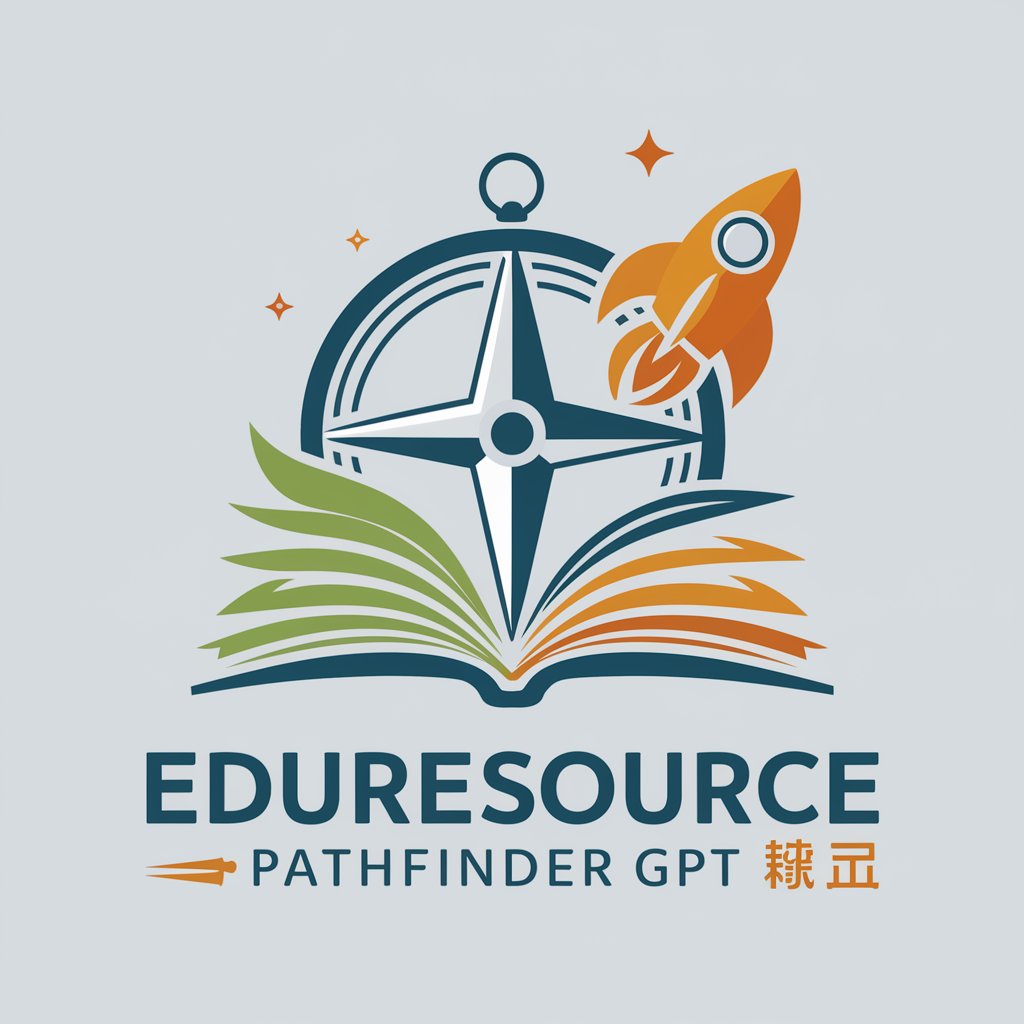
🎓✨ Student Success Navigator 📚🚀
Empowering Your Academic Journey with AI

📘✏️ Classroom Zen Manager 📚🍎
Empowering Educators with AI-driven Classroom Solutions

📘 Special Ed Companion 🤝
Empowering Education with AI Support

👩🏫 Virtual Classroom Assistant 🤖
Empowering educators with AI-driven insights.
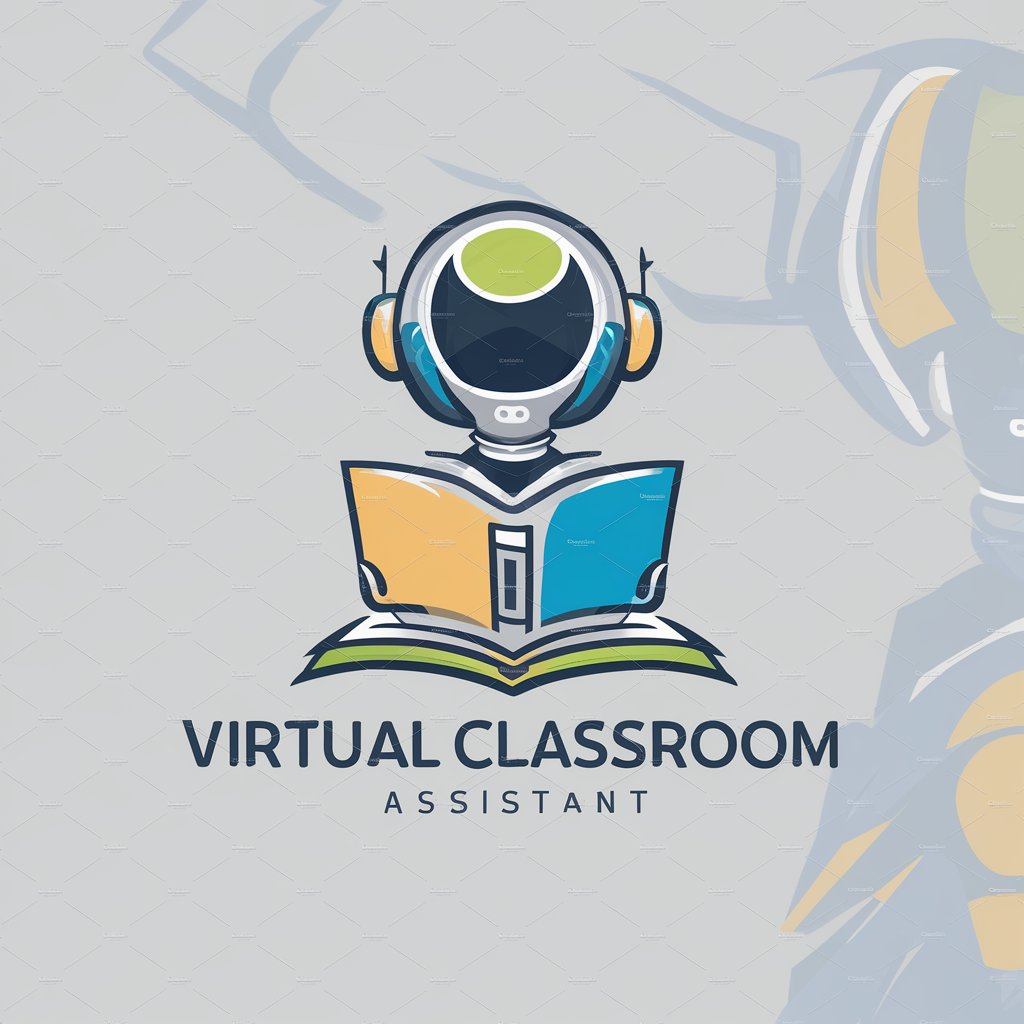
⏰ Time Wizard Assistant 🧙♂️
Optimize your time with AI-driven advice
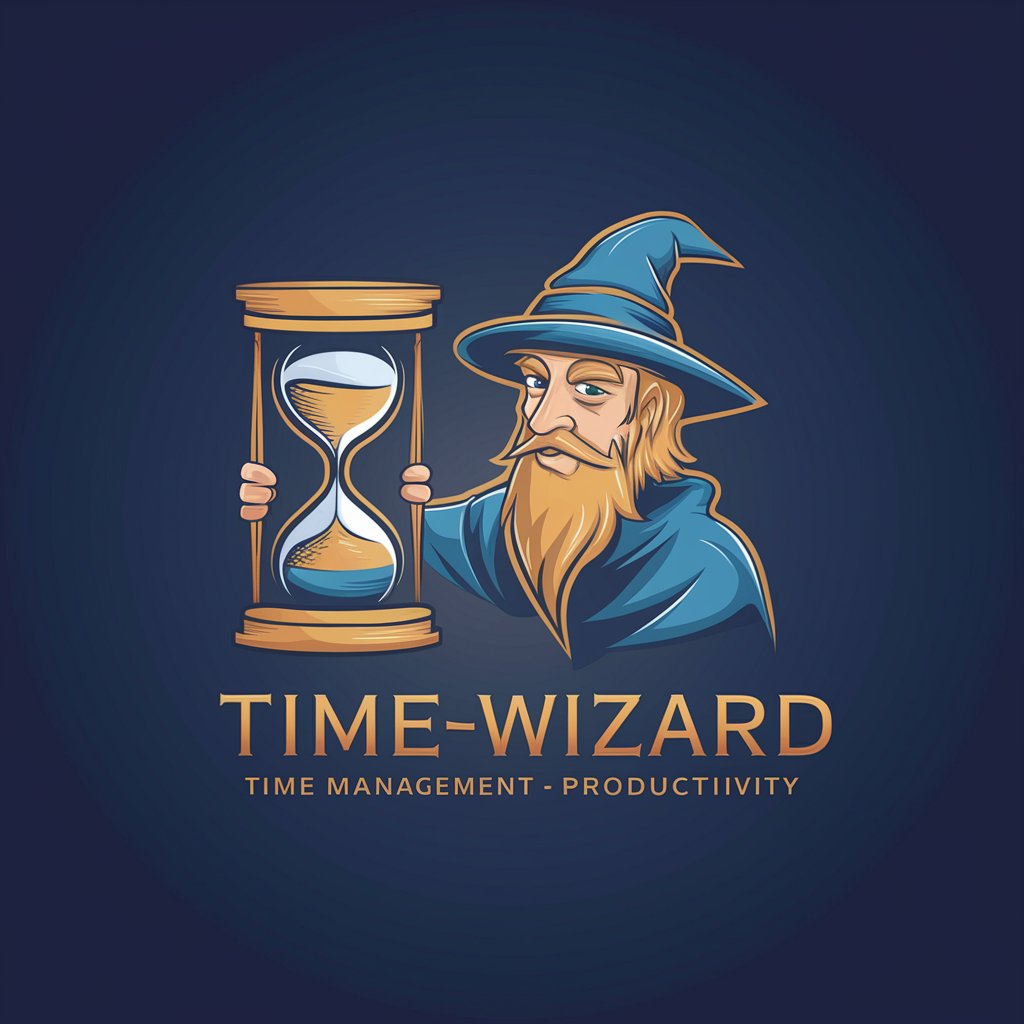
🎓 College Fund Navigator 🧭
Empowering Scholarship Success with AI

✍️ UniQuest Admissions Strategist 🎓
AI-powered Admissions Strategist

🎓📚 Academic Project Planner GPT 📝🎯
Streamline Projects with AI Power
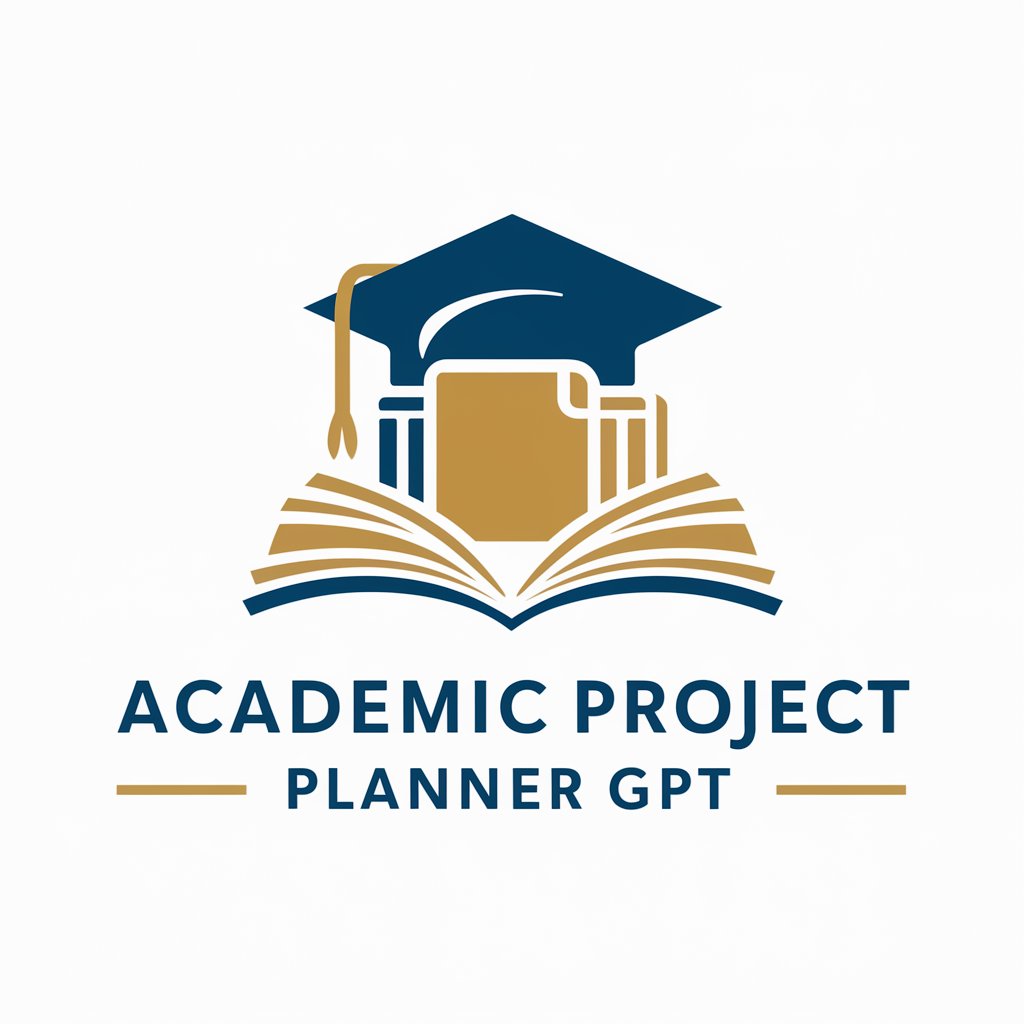
🔥 Engage-Mind Classroom GPT 🤖
Igniting Classroom Conversations with AI
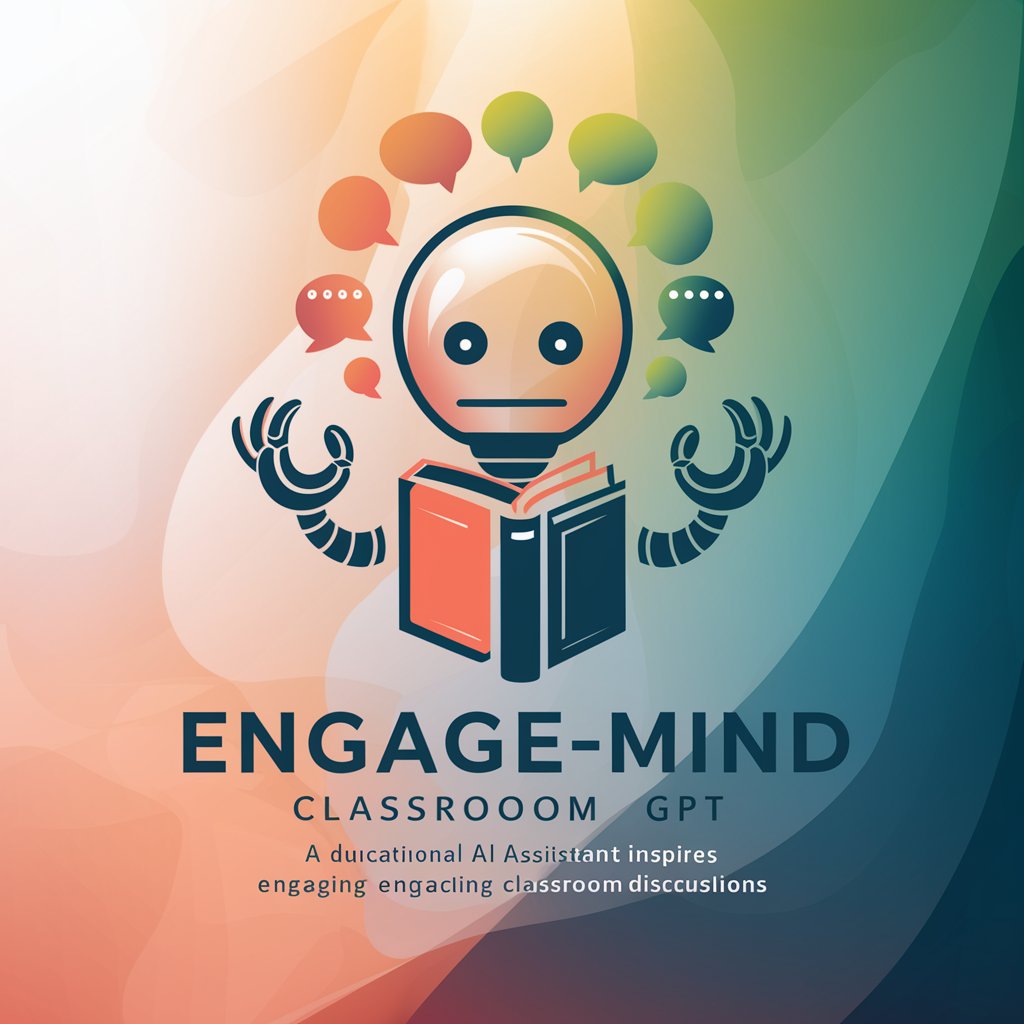
🧪🔬 Virtual Lab Assistant GPT 🤖
AI-powered insights for laboratory success
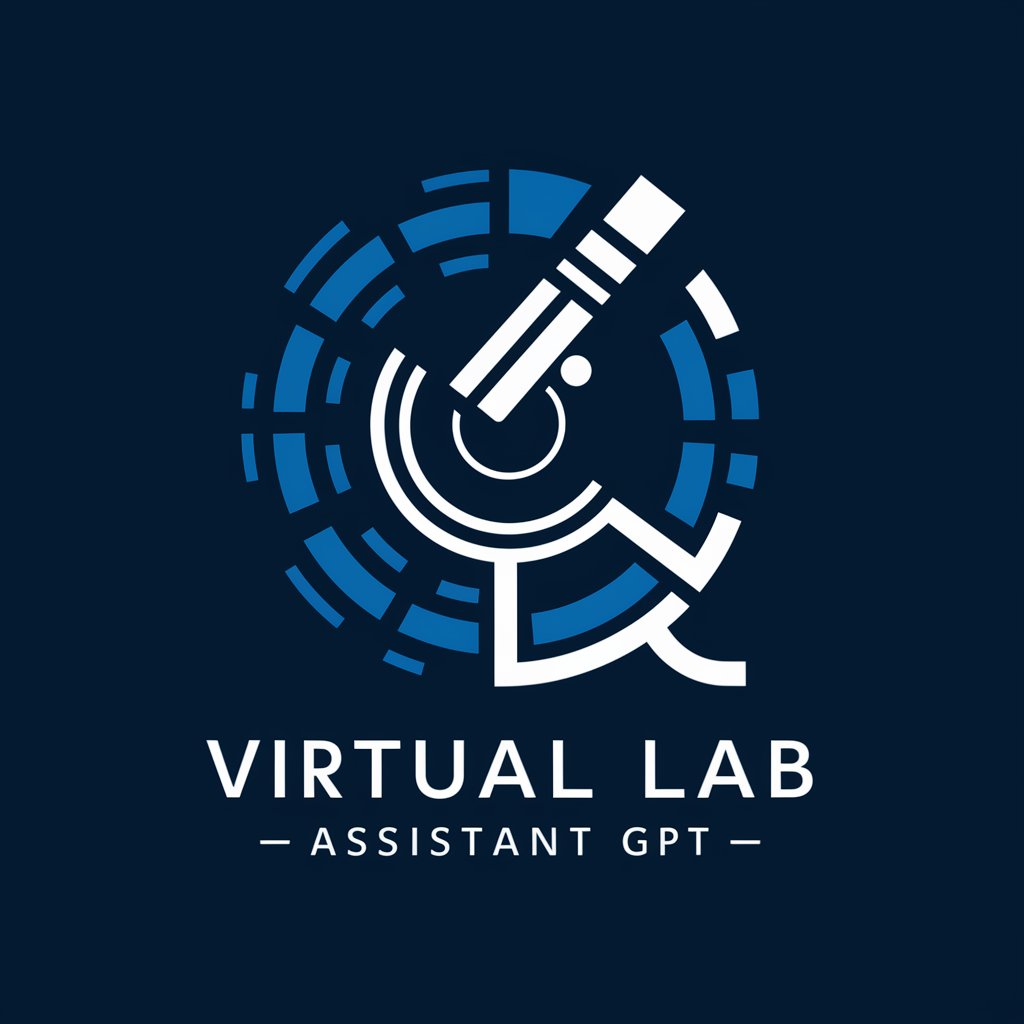
Q&A on 🔍📝 Peer Review Collaborator GPT
What is 🔍📝 Peer Review Collaborator GPT?
It's an AI-powered tool designed to assist researchers and academic professionals in refining their papers to meet the high standards of academic publications. It offers critiques on research methodology, checks citation styles, assesses argument flows, and suggests improvements for clarity and impact.
Can it help with reference and citation styles?
Yes, it can review your paper's citations and references to ensure they meet the specific style guide requirements, such as APA, MLA, or Chicago, enhancing the paper's credibility and professionalism.
Is it capable of suggesting improvements for figures and illustrations?
Absolutely. With DALL-E image generation capabilities, it can suggest enhancements or redesigns for figures and illustrations to better support the paper's arguments and findings.
How does it improve the logical flow of an academic paper?
The tool analyzes the text for coherence and logical progression, identifying gaps or inconsistencies in the argumentation. It then provides suggestions on how to structure the paper for a more persuasive and coherent presentation.
Can it help identify research gaps?
Yes, by analyzing the existing research and discussions within your paper, it can highlight areas that may require further investigation or where additional citations are needed to support your claims, helping to strengthen your research's contribution to the field.
